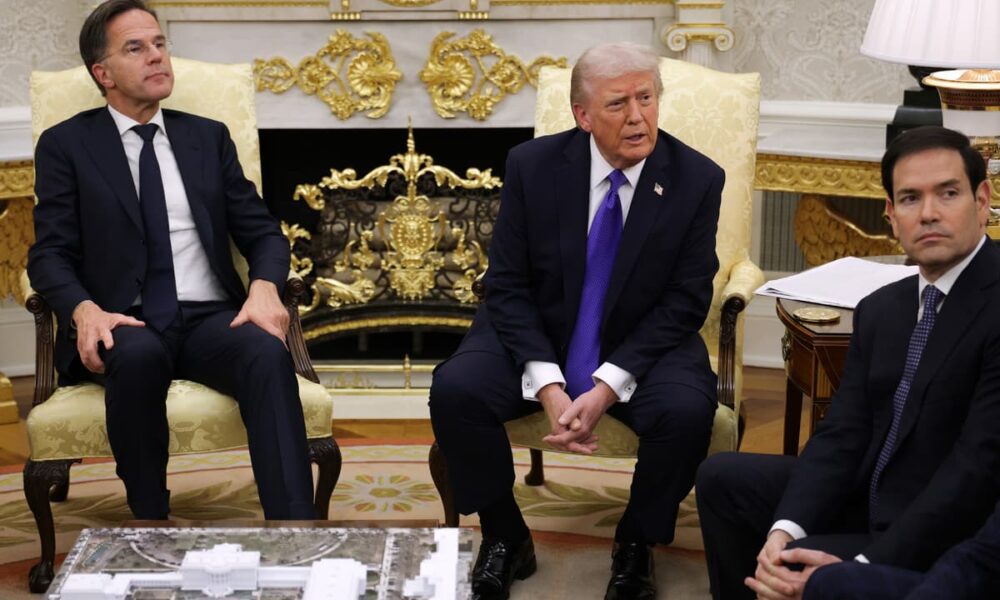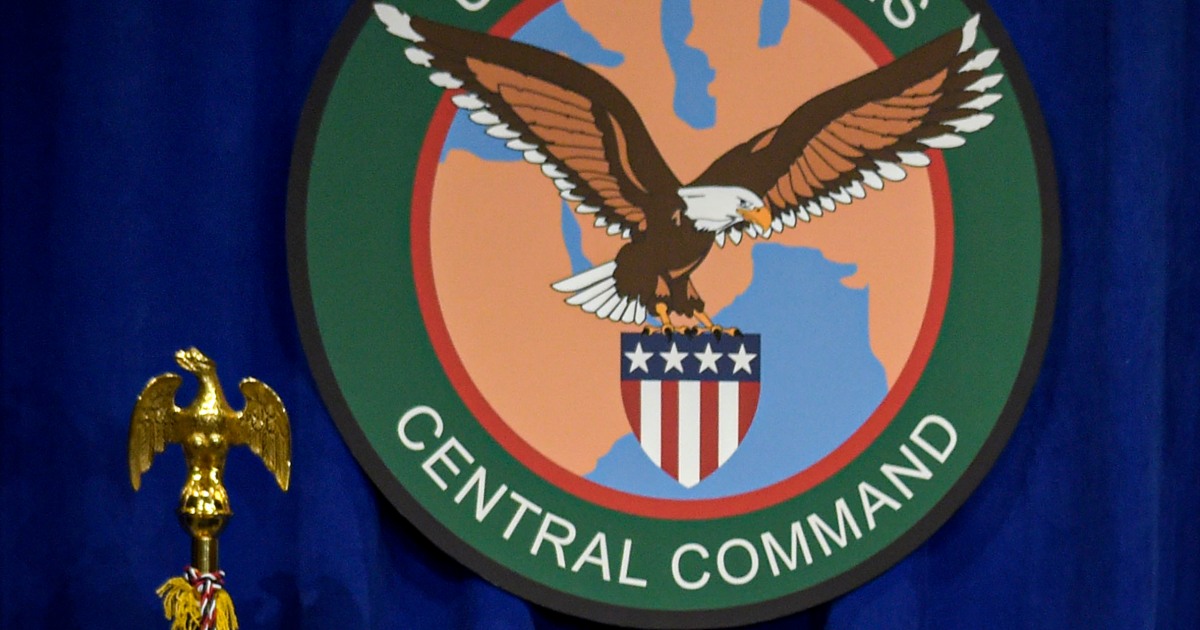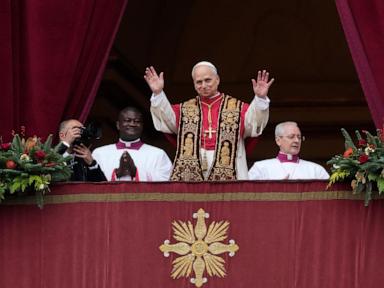President Donald Trump has enacted sanctions targeting Russia’s two largest oil-exporting companies, Lukoil and Rosneft. In response, President Vladimir Putin assured reporters that while there would be “certain consequences,” they would not significantly impact Russia’s economy. Trump, addressing White House reporters, remarked, “I’ll let you know about it in six months from now,” indicating confidence in the sanctions’ effectiveness.
Initial reports suggest that the sanctions are already prompting significant actions from key buyers of Russian oil. Both India and China, which collectively account for approximately three-quarters of Russia’s oil exports, are reportedly moving to reduce their purchases. Analysts predict that by the end of a one-month transition period, India could eliminate its imports entirely, while China might cut its purchases by as much as 50 percent.
Reasons Behind the Sanctions
These sanctions mark the first major action against Russia by the Trump Administration, following frustrations over stalled peace talks regarding Ukraine. A planned summit between Trump and Putin, set for next month in Budapest, has been called off, with Trump stating he “canceled” the meeting after Russia showed no interest in a ceasefire. In contrast, Putin referred to the summit as “postponed.”
Timing plays a crucial role in this development. Trump explained, “I just thought the timing was good,” noting the current low inflation rates in the U.S. and the absence of immediate electoral pressures that previously restrained sanctions. The Biden Administration had earlier sanctioned Russia’s third- and fourth-largest oil exporters but refrained from targeting the top two, concerned about potential inflationary effects.
Economic Impact of the Sanctions
Despite the sanctions, the price of Brent oil surged by 5 percent following the announcement, climbing to $62 a barrel. However, Russia’s oil export revenues have already dropped by 21 percent this year compared to the same period last year, as the government heavily relies on oil and gas taxes for about 25 percent of its total revenue.
To mitigate losses, the Kremlin has increasingly tapped into its sovereign wealth fund, which has seen a depletion of around 60 percent of its liquid assets since the onset of the conflict in Ukraine. Currently, Russia has approximately $50 billion remaining in this fund, a stark contrast to Norway’s sovereign wealth fund, which is valued at around $2 trillion, despite having a population just 4 percent of Russia’s.
In addition to economic pressures, Russia faces an annual inflation rate of 8 percent and a prime lending rate of 17 percent, contributing to a sluggish economic growth rate of just 0.6 percent, as reported by the International Monetary Fund. This growth is significantly lower than the previous year’s rate of 4 percent, driven by increased defense spending.
The sanctions have garnered a united front between the U.S. and Europe. Recently, the United Kingdom announced sanctions against Lukoil and Rosneft, while the European Union has approved measures to phase out Russian liquefied natural gas purchases by the end of next year. Since the onset of the conflict, Europe has reduced its energy imports from Russia by 90 percent.
In a stark response, former Russian president Dmitry Medvedev, now deputy chairman of Russia’s Security Council, characterized the sanctions as “an act of war against Russia,” accusing Trump of aligning with Europe’s stance against Moscow. Putin also issued a warning regarding potential U.S. arms sales to Ukraine, stating that the response would be “very serious, if not overwhelming.”
As the situation evolves, both India and China stand at a crossroads concerning their oil imports. Indian refiners, previously reliant on Russian oil bargains, are now shifting their focus to Middle Eastern suppliers. Meanwhile, China’s major oil companies are also suspending purchases, although key agreements, such as the one with China National Petroleum Corporation, which imports around 800,000 barrels daily, are likely to remain intact due to their government-to-government nature.
The unfolding dynamics underscore the complex interplay of international relations and economic sanctions, with both immediate and long-term implications for global oil markets and geopolitical stability.







